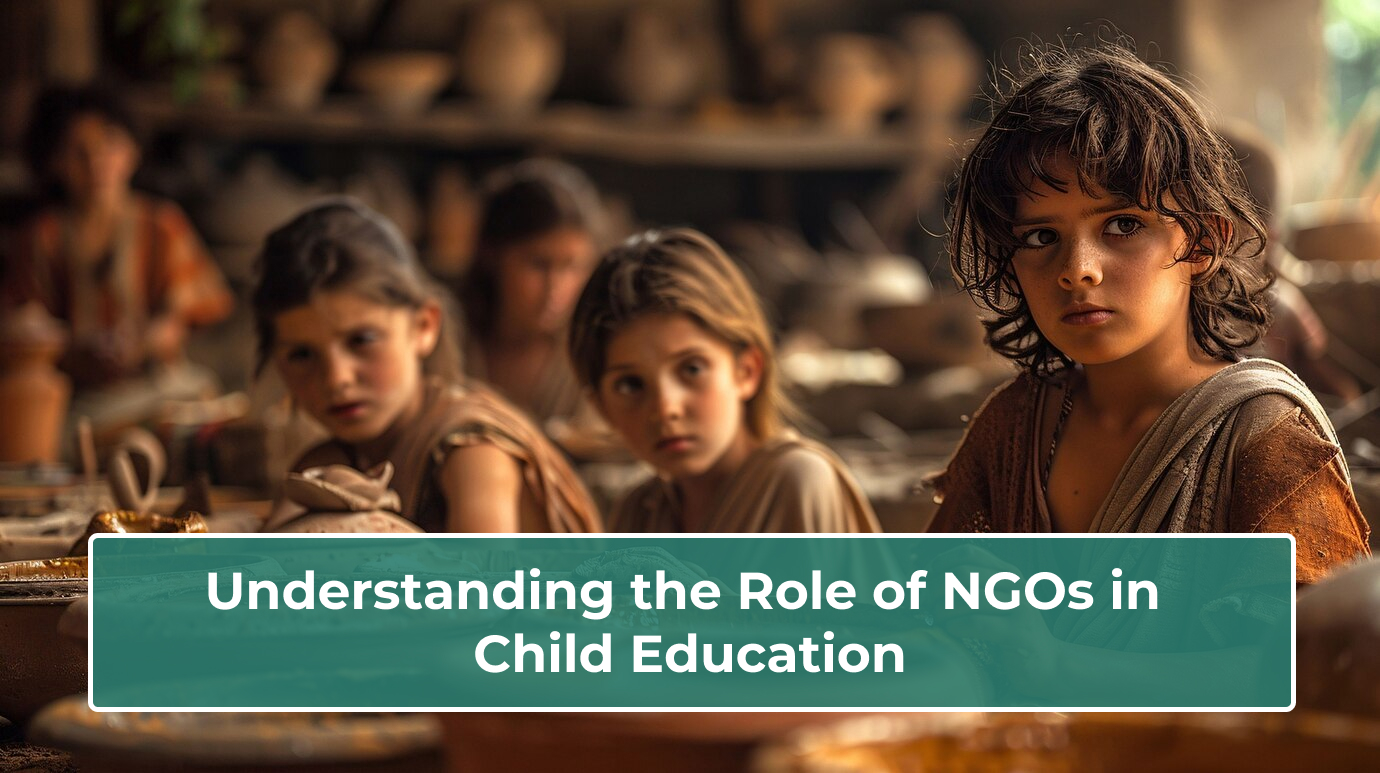The vitalness of NGO Child Education support from non-governmental organizations (NGOs) has soared in today’s connected world. Millions of kids globally are being deprived of what a fine quality education demands as a result of poor living standards, being biased against or disregarded and wars among other factors. In case state regimes lack cash or perfect systems, NGOs come in their place to empower youngsters as they aim at covering those differences. In this blog post, we will be looking at how NGOs have a great influence on Education of children, looking at some important projects, challenges that stand on their way and how education changes the fate of small children
Understanding the Role of NGOs in Child Education
Child education-focused NGOs come in different sizes ranging from community based groups at the local level up to global entities. They mainly aim at offering teaching materials as well as training grounds for teachers besides speaking on behalf of all those who might not have access to education universally.
Initiatives and Programs
Local needs and challenges are addressed by different initiatives NGOs undertake. Some initiatives might involve the following:
- School Infrastructure Development: The building of schools or changing the current buildings with such that meet the same requirements for purposes of facilitating safe and amicable learning premises.
- Scholarship Programs: Helping disadvantaged children with financial aid so that they can go to school and acquire necessary issued.
- Teacher Training and Capacity Building: Improving how teachers work and the quality of their instruction is essential in boosting how students learn and their engagement in school activities.
- Community Engagement: Working together to improve sustainable solutions by creating awareness of unique challenges faced in local communities.
- Advocacy and Policy Influence: Persuading government officials and policymakers to make the education budget and pro-children policies a priority.
Impact and Success Stories
The effect that NGOs have on childhood education is significant and can be quantified. This is because different Non-Governmental Organizations concentrate specifically to vulnerable children and marginalized communities.
- Increased Enrollment Rates: By conducting awareness campaigns as well as reaching out to communities it engages with, NGOs have led to a sharp increase in school-going rates for kids previously cut out from education.
- Improved Learning Outcomes: Quality education initiatives among participating children have brought about appreciable enhancements in literacy, numeracy as well as the overall academic performance.
- Empowered Communities: Learning is not the sole purpose of education. This is because through education, communities can empower themselves and fight against poverty cycles and achieve development that can be sustained.
To sum up, the efforts for children’s global education are indeed advanced by non-governmental organizations (NGOs). They help many people have another chance at life which did not exist earlier on. As humanitarian beings we need fairer situations because they would make available what has never been there before, this is why it is important for us all as a society to give thanks towards this great standard of service which changes many poor kids into well-empowered people of tomorrow through its critical concern for supporting child education. Align we’ll able, and make we build a world where every child has a prospect to learn, grow and contribute towards a better tomorrow.
The first goal of this post is to show the different ways in which non-governmental organizations affect the development of children through education in order to encourage the readers so that they like well-known as helpful groups that aim at a better life that involves all of them.

